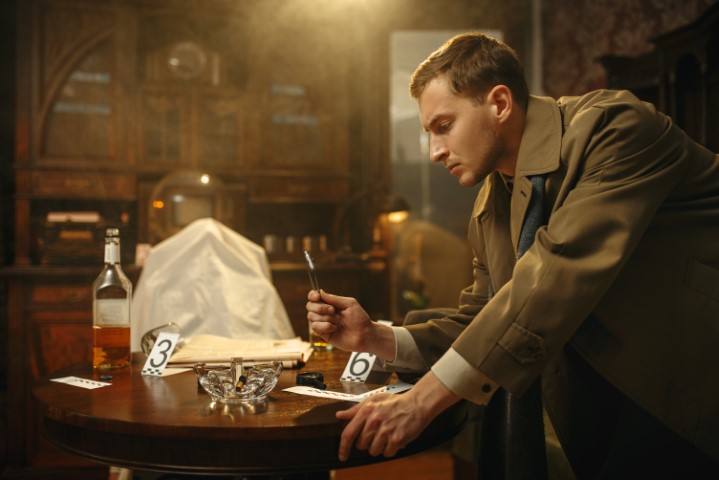1.4K
Second part about the book Think Like Sherlock: Creatively Solve Problems, Think with Clarity, Make Insightful Observations & Deductions, and Develop Quick & Accurate Instincts by Peter Hollins.
- Sherlock Holmes and Observational Skills – Sherlock was able to solve crimes and problems with his keen observation skills and the power of deduction.
- Five Observational Skills
- Become a more detailed person, which also means remembering what you observe.
- Give 100% of your focus which is hard to do in our busy world.
- Notice the difference from baseline or the last time you saw it.
- Understand people’s self-perceptions and what is important to them. What are they saying or wearing that pushes that perception? What goes against it?
- See the big picture.
- If we want to become more detail-oriented, that we just have to do a better job of paying attention to the little things that we tend to overlook
- Start with small quizzes about people in the room with you
- Once you have the big observations down, look to more minor details.
- Being observational before a crisis can save your life.
- Pay More Attention to Others – Notice what they are wearing and any clues about them. What are they saying clearly? What are smaller and more hidden messages they might not want you to see?
- Be Better at Deduction – Deducationis reverse storytelling. What you can you read into the observations you made?
- Be Impartial with Distance – When you are involved in the object of your observations, you can bias your own judgments.
- Do your own research to understand a situation properly.
Links
Challenge
- Spend 10 minutes observation a room or a zoom chat and write a list of things you observe. What can you deduce from these observations?

